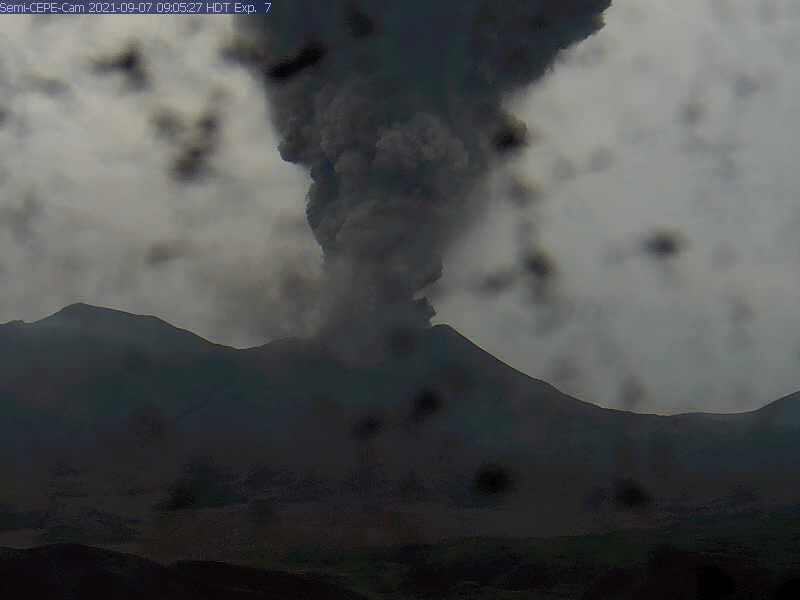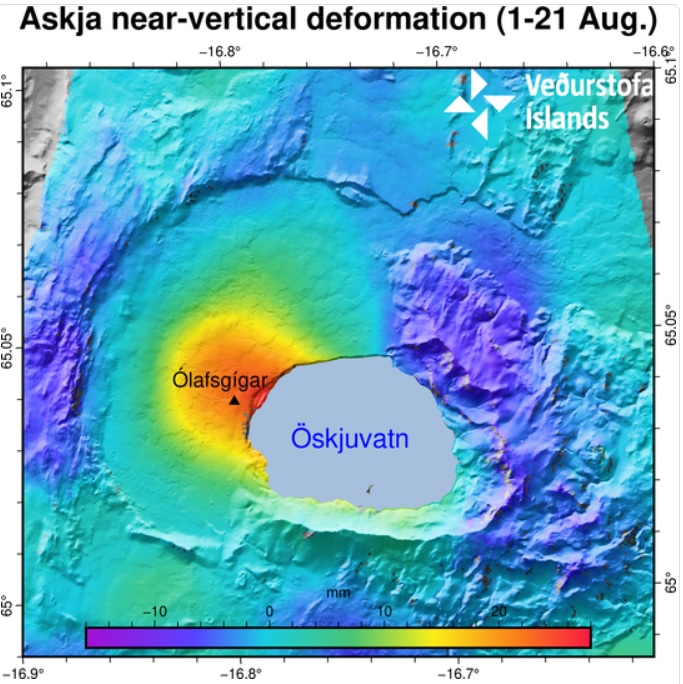Hospital protests pushing already exhausted staff to the brink, says Vancouver doctor
Health-care workers once greeted by pot-banging supporters now face angry demonstrations
In the early days of the pandemic, Dr. Daniel Kalla says people would gather outside hospitals to bang pots and pans and cheer for the heroic health-care workers on the front lines.
These days, he says the folks who greet him outside his workplace bring a different kind of energy.
Kalla is the director of emergency medicine at St. Paul's Hospital in Vancouver, one of several hospitals in the country that have drawn protests against mandatory COVID-19 vaccines and vaccine passports.
Thousands of people gathered in front of hospitals in B.C. last Wednesday, with reports of assaults, verbal altercations and protesters blocking patients' access. Further protests are planned this week.
Here is part of Kalla's conversation with As It Happens host Carol Off.
What is the mood like in your emergency room these days as these protests gather and continue?
There's a few emotions that are prevailing. One is just kind of weariness, like everybody from COVID, but particularly health-care workers. We're just so tired of it.
But the protests really added a new dimension. There's a real indignation and frustration to see protesters standing out front and blocking access to patients to one of our major hospitals in the city. It was just so disheartening.
There was a paramedic who said she was close to quitting her job after witnessing these protests. How has it been for you personally?
I don't think I've reached that level, but it certainly made me question. A year ago, they were cheering us with pots and pans every night. And we were dealing with a pandemic where here was nothing you could do except social distancing and mask wearing and such. And now we have an obvious preventative measure.
As the cliché goes, we're dealing with the pandemic of the unvaccinated. And to see people come in with self-induced illness, that most of us think could be prevented for the most part, is so frustrating at this point. It makes no sense to defy science and public health and all the experts because of untruths and misinformation on social media and elsewhere.

In British Columbia, there was reported 2,425 new cases of COVID over the four-day Labour Day weekend period. And so the people who are coming to the emergency, people coming to the hospital with COVID … how does that conversation go [when] they're coming [and] they've not been vaccinated?
First of all, we should be clear that some of the people coming are vaccinated and they have breakthrough infections. But almost exclusively, the ones who are very sick or ending up in our [intensive care units] are the unvaccinated.
The conversations with the unvaccinated is difficult. I mean, it's a little too late. Vaccines don't help you by the time you've developed COVID pneumonia. And so it's almost like beating a dead horse at that point.
I've seen a couple of very repentant people already, and it's just so sad.… We see it with our own eyes. These people are terrified.
The statistics show in B.C. right now you're 35 times as likely to end up hospitalized if you're unvaccinated. That's an incredible number. And so we don't tend to lecture to the ones who are already sick. But .... everybody who comes in is screened for a vaccination status. So if they're coming in with a sprained ankle or abdominal pain or something that's not related to COVID, we try to convince them. We try to have that conversation and tell them of the statistics, tell them of our own experience.
I think I've seen one or two where I have converted [them], and we've been giving out some COVID vaccines in the emergency department. And that's very heartening.

Some of the conversations that I've heard in the United States with health-care practitioners [say that] when the unvaccinated come in and they're very sick, so many of them are still quite defiant. They're still saying that they won't take the vaccine, that even as these people recover, they still are insistent that it's wrong to be forced to take a vaccine. So you get that response as well?
I tend to see them at the front end, as they're coming in with their acute illness. So I don't have the conversation in the convalescence or recovery stage.
My experience has been, so far, regret.… I haven't seen a lot of that defiance.
As you know, anti-vaxx or vaccine hesitancy, it runs the spectrum from people who are just nervous and have genuine questions, to those who are fanatical in a kind of a fundamental, I would call it, misbelief. But there's no logic or science or anything. This is an absolute belief system that they have that's faulty.
I walked out onto Burrard Street in front of my hospital and there was an anti-mask protest going by, and one of the protesters saw me in my scrubs and turned and screamed at me, 'COVID is a hoax.'- Dr. Daniel Kalla, St. Paul's Hospital
And those are the people, for the most part, we see out in the streets who are hurling all kinds of insults. In some places ... [there have been] death threats from the protesters, insisting that they're having their rights stolen, comparing their situation to being in Nazi Germany, these sort of things. You distinguish between vaccine hesitancy, those people who are just nervous for whatever reason, and what we're seeing in these demonstrations.
Absolutely. Most of those people in my eyes are purely fanatical. And I had my own brush with it last summer when I the first person I intubated and put on a ventilator for COVID was a terrified patient in his 60s whose wife couldn't join him because of the risk of COVID, and he was alone, and it was a very draining, traumatic experience for the patient and for the staff, quite frankly.
And I walked out onto Burrard Street in front of my hospital and there was an anti-mask protest going by, and one of the protesters saw me in my scrubs and turned and screamed at me, "COVID is a hoax." And after what I had just experienced in the emergency department, that was one of my low points before the protests last week.
You're also a fiction writer, in addition to being a doctor. And you wrote a thriller before this pandemic hit called Lost Immunity that actually explores many things, but including vaccine hesitancy. So what were you thinking when you wrote that novel?
As a thriller writer who writes sort of medical and science thrillers, I'm always looking for that next hot-button issue. And it's so funny, a couple summers before, my publishers and I were discussing what is a hot, controversial topic, and I said, "There's no more controversial topic than vaccines." And back then I was thinking about the ... people who are anti-vaxx about measles vaccines. And we were starting to see measles come back, and it seemed like such a rife, dramatic subject to tackle.
I finished the first draft on the day I heard about this new virus in Wuhan, China, that turned out to be COVID. And everything that I discussed, all the issues in the novel, became 1,000 times more relevant.
Does it turn out that maybe reality is a bit stranger than fiction?
And very similar to fiction. All the backlash that I sort of predicted in the book sort of came to pass.
Unfortunately, behaviours are predictable and we tend to repeat our mistakes in history, and especially when tribalism and sort of groupthink takes over.
That's what I tried to establish in the book, and I can't believe how much we're seeing. It's been very discouraging.
Written by Sheena Goodyear with files from CBC News. Interview produced by Katie Geleff. Q&A has been edited for length and clarity.











![[Patrick Gathara/Al Jazeera]](https://www.aljazeera.com/wp-content/uploads/2021/09/radicalization.jpg?resize=770%2C513)










